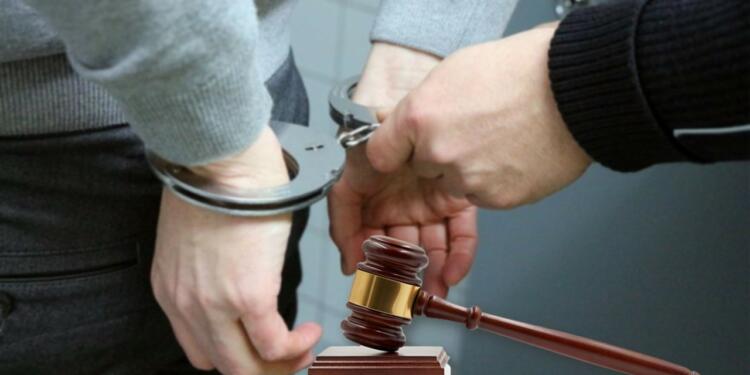Handcuffing has always been a subject of debate and discussion. For some, it reminds them of slavery, while for others, it is a minimal force required to maintain law and order. Let us understand what Indian laws say about it.
Legal provisions for handcuffings
Section 41 of the CrPC, read with Section 46(1) of the same, gives the police the power to touch the person. Section 46(2) provides more power to the police in case the accused uses force to resist the arrest. The phrase “all means necessary to effect the arrest” encompasses almost everything under the sun, except causing the death of the accused. Under Section 46(3) of the code, the death of an accused during arrest is forgivable only when his or her offence is punishable with death or with life imprisonment.
Section 49 is also in line with 46(3). It prohibits more restraint than is necessary to prevent the escape of the accused. Even in prison, handcuffing is allowed only when one prisoner poses a grave risk to others. This is provided for under Section 56 of the Prisons Act, 1894. Under Section 46, women and civil prisoners are given exceptions.
Also read: Your legal rights when Police refuses to register your FIR
Judicial pronouncements for handcuffing
These provisions are rarely followed. Therefore, the judiciary has to pitch in with its own guidelines. In the 1978 Sunil Batra case, the Apex Court held handcuffing a violation of fundamental rights under Article 21. The Apex Court asked the police to limit handcuffing to exceptional and extreme circumstances.
The rule of extreme circumstances was upheld in the Prem Shanka case of 1980. The Court further asked authorities to record the reasons for which handcuffing was necessitated in this particular case. These reasons have to be compulsorily shown to the presiding judge, and his or her approval is necessary for handcuffing.
Also read: Ali Mohammed Balwa v. ED: Time pass legal activist will be buried under debt now
These guidelines were confirmed in the Citizens for Democracy v. State of Assam case. Additionally, it was laid down that police or jail authorities had no locus standi with respect to handcuffing. Only the judiciary will decide whether a person deserves handcuffing or not.
Support TFI:
Support us to strengthen the ‘Right’ ideology of cultural nationalism by purchasing the best quality garments from TFI-STORE.COM
Also Watch:
https://www.youtube.com/watch?v=snZ68yEkaII





























